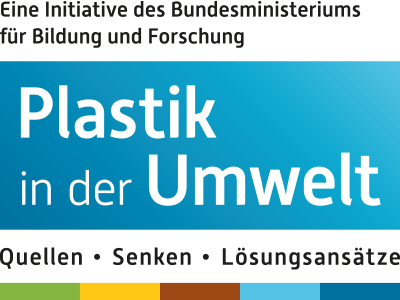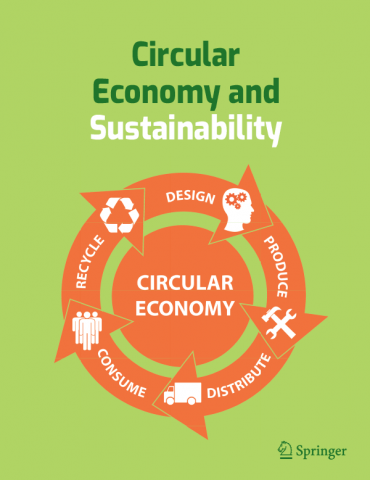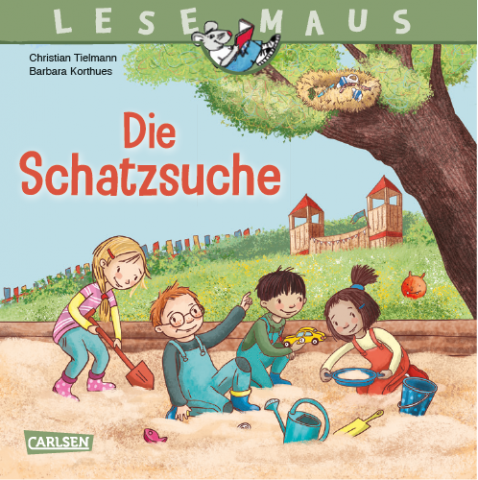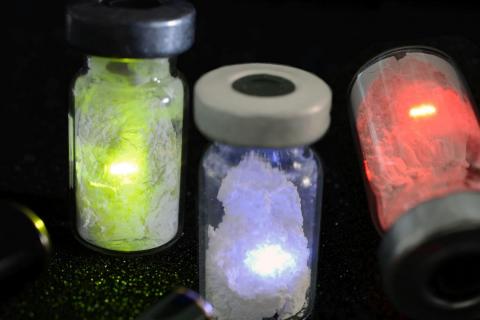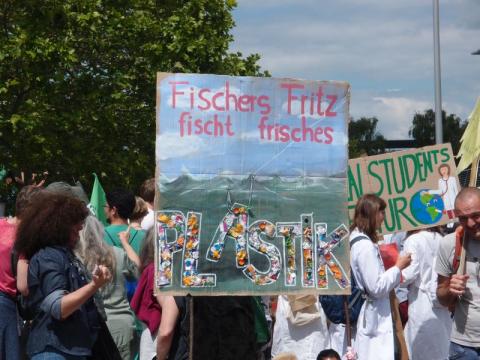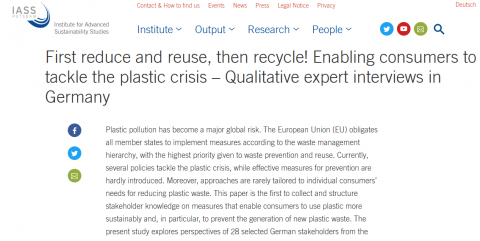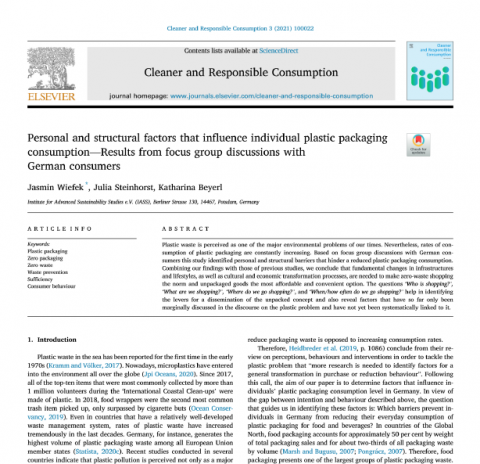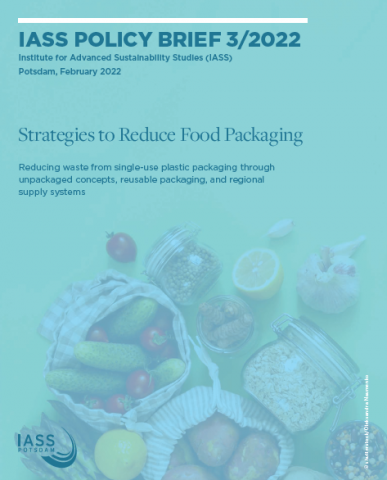Results
This brochure is the short version of the publication Key Messages of the BMBF Research Focus "Plastics in the Environment". It summarizes the most important key messages from all 20 joint research projects and the seven cross-cutting topics of the research focus.
An estimated 11 billion cigarette filters are released into the environment in Germany every year. They are mostly made of cellulose acetate, a type of plastic. In addition, cigarette filters also contain numerous other toxins.
– This book is no longer available. –
The plastic polystyrene has become indispensable in the automotive, construction, medical, household and electrical sectors. It has many advantages - but the decisive factor for the future is the transition to a circular economy so that the plastic can be used several times.
Measures against plastic pollution are urgently needed. However, it is unclear with which instruments this can be done. The Single-Use Plastics Directive stands for the attempt to reduce the input of plastic by private consumers mainly by means of information, e.g. with a specially developed label.
In 2019, the Single-Use Plastic Directive was adopted by the European Union to declare war on plastic pollution. But how far-reaching is the directive and how great are the effects it achieves? The researchers from the joint project InRePlast set out the contents, deficits and requirements for the further development of the directive in factsheet 19.
More and more plastic is polluting the environment and endangering humans and animals. Current scientific studies in sewage treatment plants show that a large amount of different plastic products and plastic packaging ends up in the sewage system and in the environment through various pathways.
Plastic waste poses significant problems for many municipalities: Overflowing rubbish bins and carelessly discarded single-use plastic products or packaging cause direct inputs into the environment or via drains into wastewater.
Wet wipes, sanitary towels and tampons are important hygiene products that many people use in their daily lives. Often, the products are partly made of plastic and can end up in the environment if not disposed of properly.
Plastic pellets are used in large quantities in industry as a raw material for further processing into plastic products. In 2019, 14 million tonnes of plastic were processed by over 7,000 companies in Germany. The small pellets can enter the environment at various points in the supply chain.
Fresh fruit and vegetables in supermarkets are often packed in plastic nets, from which micro plastic particles can detach and enter the environment. The researchers from the joint project InRePlast clarify in Fact sheet 14 which entry paths are particularly important, how much politics is already doing to combat the problem and at which points there are further options for action.
We all know, that plastics are a huge problem these days. Most people therefore separate their rubbish and throw plastic packaging in the yellow bag or in the yellow bin. But there is more that needs to be done. Because this plastic waste has to be sorted again,
The publication summarizes the key messages from all 20 joint research projects and the seven cross-cutting topics of the research focus. Structured by main topics, the central results are presented in order to derive recommendations for various addressees.
The volume of plastics entering the environment is growing worldwide. Since existing regulations are not sufficient to curb the problem, the ever-increasing plastic production and use must be reduced. A systemic approach is needed that holds all actors responsible who produce, use, recycle, dispose and trade in plastic products and packaging.
Plastic pollution has become a major global risk. The European Union (EU) obligates all member states to implement measures according to the waste management hierarchy, with the highest priority given to waste prevention and reuse.Currently, several policies tackle the plastic crisis, while effective measures for prevention are hardly introduced.
Plastic waste is perceived as one of the major environmental problems of our times. Nevertheless, rates of consumption of plastic packaging are constantly increasing. Based on focus group discussions with German consumers this study identified personal and structural barriers that hinder a reduced plastic packaging consumption.
The high volume of plastic packaging currently consumed in Germany poses a complex socio-ecological risk. As part of the BMBF-funded ENSURE research consortium, environmental psychologists at the Institute for Advanced Sustainability Studies (IASS) in Potsdam have studied various policy options to promote a reduction in individual consumption of plastic food packaging.
